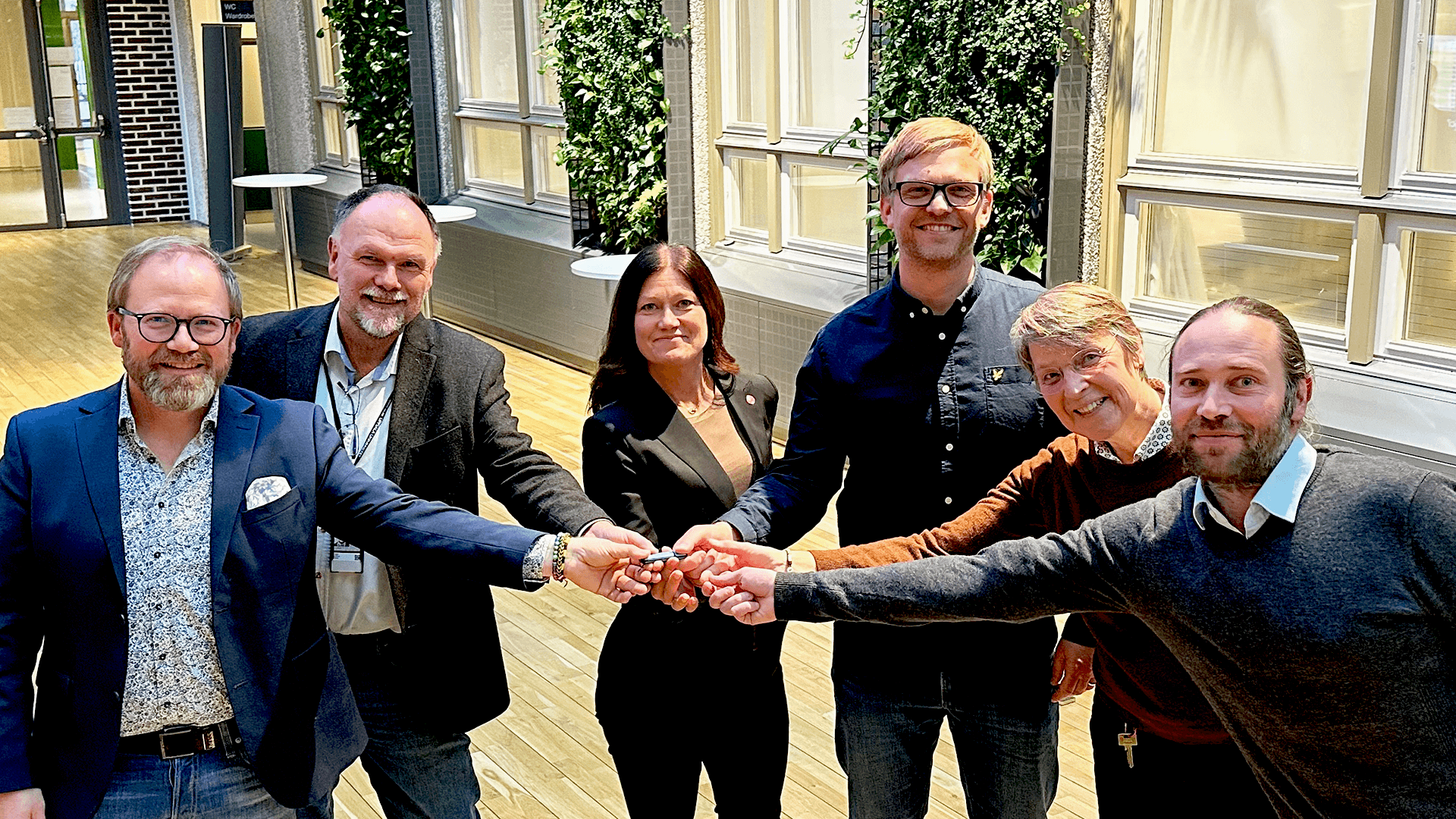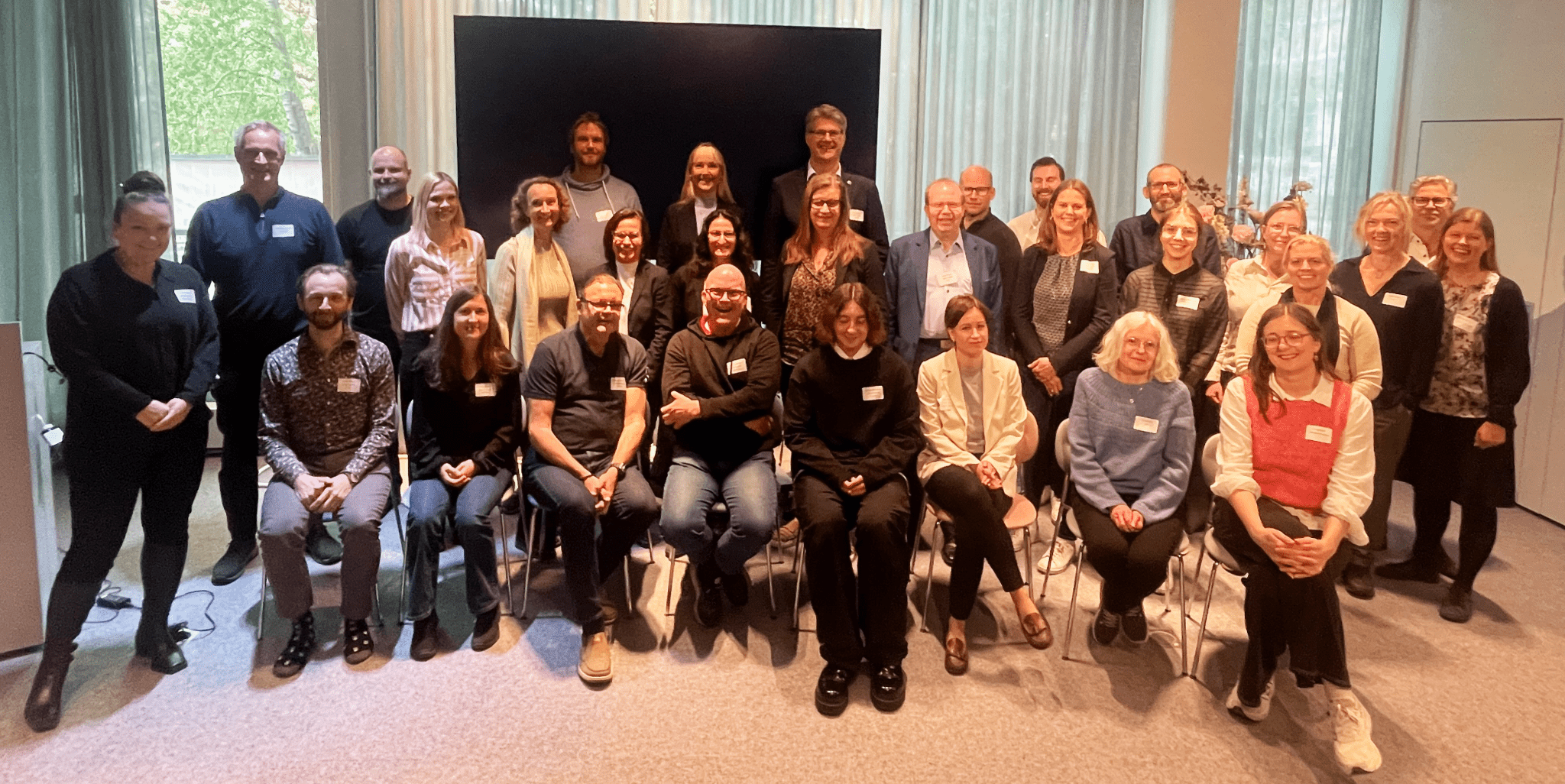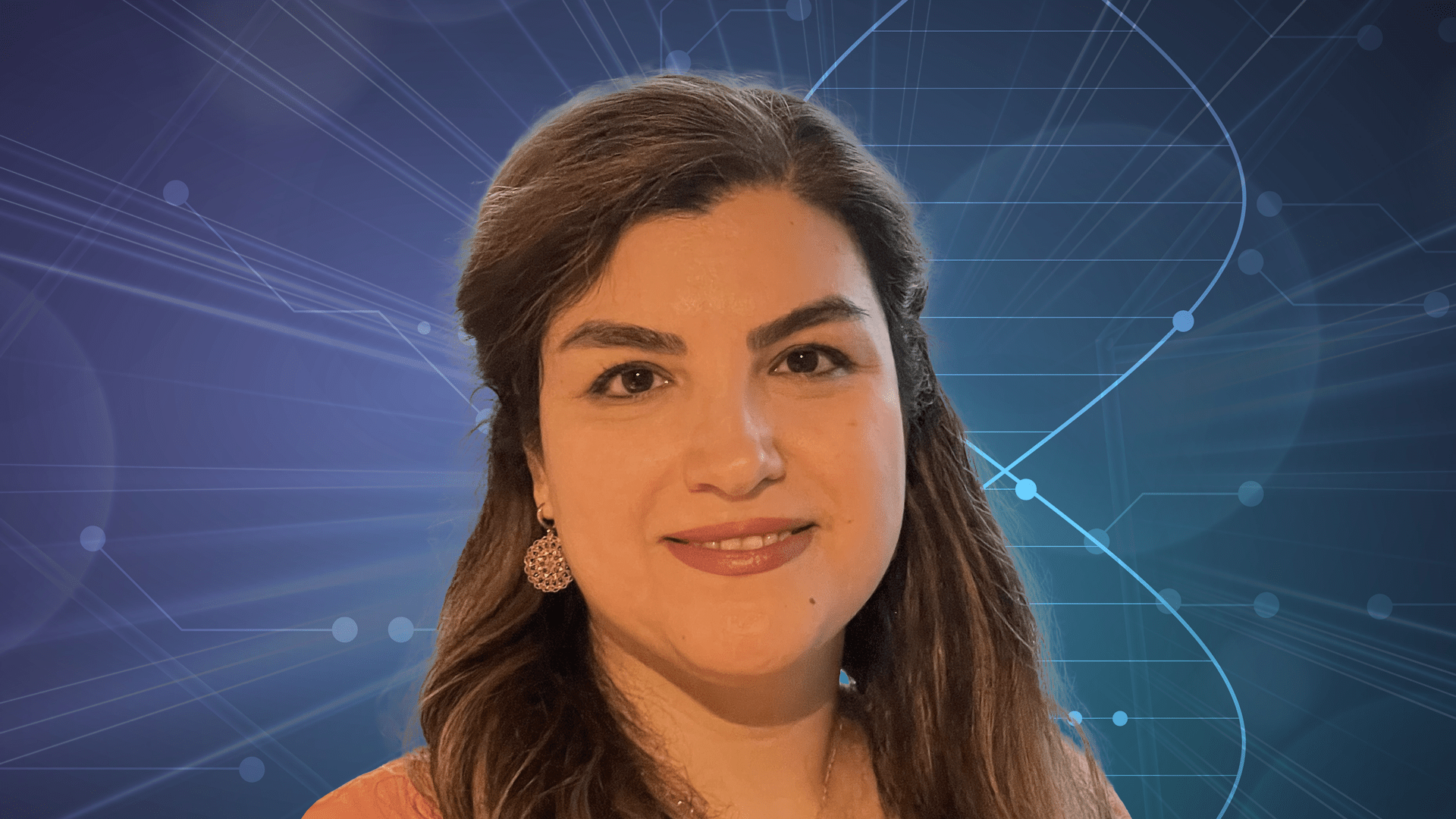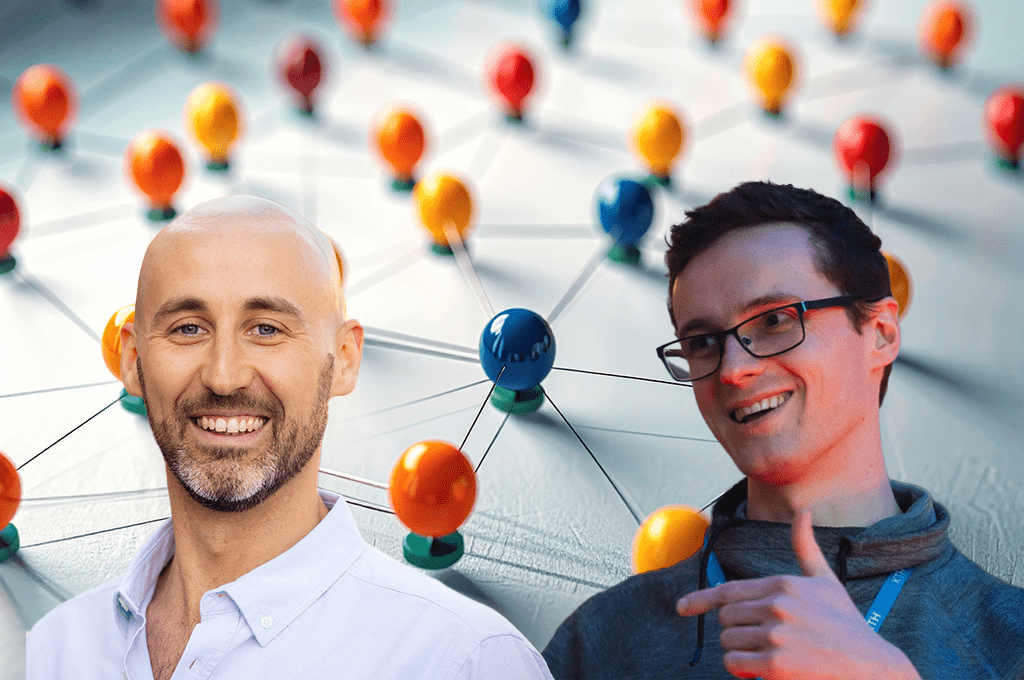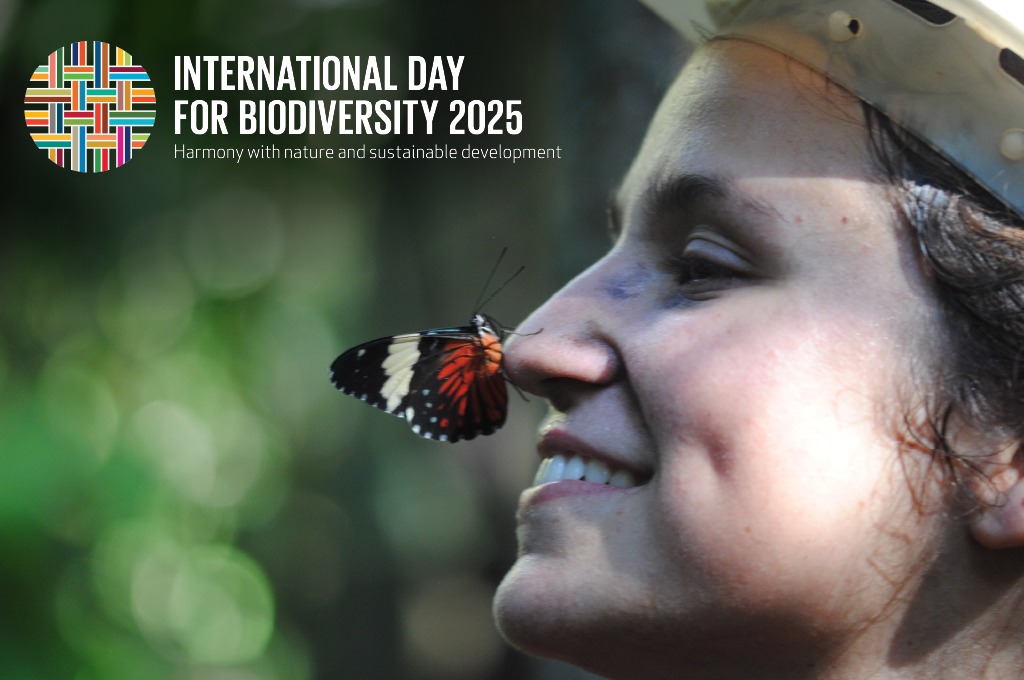Teamwork and cross-disciplinary collaborations were key for Drug Discovery and Development Platform exit project
During the pandemic, four principal investigators; Jens Carlsson, a SciLifeLab fellow, Helena Danielson, Anja Sandström, and Lindon Moodie, all from Uppsala University, joined forces in trying to identify novel means of blocking SARS-CoV-2 replication. Today – two years later – the project exits from SciLifeLab Drug Discovery and Development Platform and the team has signed an agreement for international partnering to further develop the drug candidate.
“The timing of the pandemic, the funding from Knut and Alice Wallenberg Foundation, the joint focus – all those components were success factors – there was a nerve and energy in the collaboration that was essential. During the project, we established important collaborations with international research institutes and the MAX IV Laboratory – our progress really shows how fast research can move forward when everyone is aligned” says Jens Carlsson.
The project has received support from SciLifeLab’s Drug Discovery and Development (DDD) Platform and the initial work was published in February 2022 in the Journal of the American Chemical Society by Luttens et al. Biochemical and biophysical assays were set up to find out how well putative inhibitors blocked the viral target protein, cell assays to see whether the compounds could cross the cell membrane, and if they were toxic. The research team focused on design and chemical synthesis of modified molecules which the DDD platform helped evaluate through mechanism of action studies in various assays, ADME profiling, and pharmacokinetic profiling in vivo. On November 7, the project exited from the DDD Platform.
“Anja and I had been collaborating on projects around HIV and Hepatitis C. When Covid-19 came, we were prepared for the scientific challenge and able to apply for funding from Knut and Alice Wallenberg Foundation through SciLifeLab”, says Helena Danielson, and continues, “We contacted the DDD platform before we started the project, Jens and Lindon joined the project and added new important expertise. When the SciLifeLab Drug Discovery and Development Platform saw that we had a strong team, we were accepted” says Helena Danielson.
In addition to the drug development support from DDD, the project received funding from Knut and Alice Wallenberg Foundation through the DDD Platform.
”In the Nevermore Covid project, the SciLifeLab Drug Discovery Platform (DDD) was fortunate to receive a grant from Knut and Alice Wallenberg (KAW) foundation to support drug discovery projects aiming to develop drugs against the SARS-CoV-2 main protease (Mpro). At DDD, we set up the screening assays required for the identification and lead generation of Mpro inhibitors with the capacity to support many academic groups and their different approaches for drug discovery. In addition, DDD made available supportive infrastructures, project leadership, and pharma know-how. Eventually, the most promising hits were identified in collaboration with the research team at Uppsala University. The project was accepted as a program within DDD with the aim to develop lead compounds with the potential to reach clinical studies” says Kristian Sandberg, Co-Director of the Drug Discovery and Development Platform.
The SARS-CoV-2 virus has two essential proteases, and the compound that the team has developed inhibits one of those and thereby inhibits replication. The developed technology and methodology can quickly be adapted to future viral pandemic needs.
The project was recently partnered with an international biotech company that will accelerate the further development of the team’s small-molecule inhibitor of SARS-Cov-2 replication.
”This is a scientifically interesting project, and we can be sure that there will be an upcoming need for covid inhibiting substances. Now we have established an efficient strategy and competent team for future challenges”, says Helena Danielson.
“Key factors for the success of the research team were a combination of rapid funding from SciLifeLab and KAW to set up essential assays with industrial quality for screening, and the scientific excellence and talents in the research groups. The Carlsson team (Andreas Luttens and Duc Duy Vo) brought in a unique and very successful approach for design and synthesis of compounds, while the Sandström and Moodie group (Mohammad Amin and Thanusha Thatikonda) provided important medicinal chemistry expertise. There was a great spirit of collaborative research between the academic groups and with SciLifeLab. Very important was also the support from international, non-profit R&D organizations and industrial partners, in particular key contributions from Diamond Light Source, Cytiva, and DNDi. Eventually, the support from UU Innovation and Uppsala universitet Invest was key in the successful commercialization of this project. This is a great example of how collaborative efforts pay off” says Kristian Sandberg.
